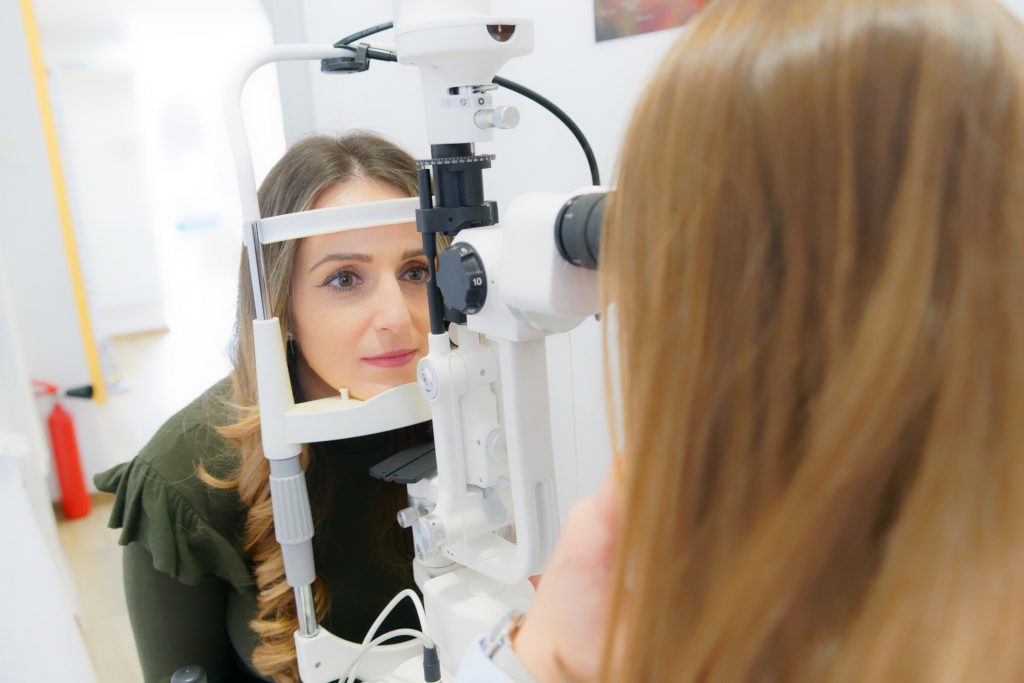You need to get your eyes checked. Do you need to schedule a visit with an optician or an optometrist?
If you’re like most people, you probably aren’t 100% sure how to answer that question. But considering that over 60% of us wear glasses or contact lenses, it’s an important question to answer!
Whether you need to schedule an eye exam or you’re researching possible career paths, we’re here to set the record straight. Keep reading and we’ll (pardon the pun) clear up the difference between an optician vs. optometrist.
A Quick Optician Guide
Opticians are technicians with specialized training to design, fit, and verify glasses and contact lenses. Their education is usually either a one-year certification or a two-year associate’s degree. In many states, they’re also required to pass a board exam and get licensed before they can begin their careers.
Common duties for opticians include:
- Reviewing patient prescriptions for glasses or contacts
- Writing up work orders for lab technicians
- Measuring the face and eyes of the patient for proper eyeglass fit
- Helping patients choose the appropriate frames, lenses, tints, and coatings for their glasses
- Adjusting new glasses to ensure they fit comfortably
An optician will follow the prescriptions they receive from the patient’s optometrist. However, they do not conduct any vision tests themselves. They’re also not qualified to diagnose or treat any eye disease.
A Quick Optometrist Guide
Meanwhile, you’ll find optometrists at optometric offices such as Specs Appeal.
Optometrists are not medical doctors (MDs), but they’re still highly educated healthcare professionals. Most optometrists complete a bachelor’s degree in a science-related field. Then they’ll study for four additional years to receive a Doctor of Optometry (DO) degree.
The primary job of an optometrist is to test vision and offer corrective treatment, as well as monitor and manage any changes in vision. Their daily duties might include:
- Conducting eye exams and vision tests
- Detecting eye abnormalities
- Diagnosing common vision problems (nearsightedness, farsightedness, glaucoma, etc.)
- Prescribing corrective lenses or contacts
- Offering pre-operative and post-operative care for patients who’ve had eye surgery
- Referring patients to other doctors and specialists
Optometrists study advanced scientific fields including anatomy, physiology, optics, and biochemistry. Many also choose to get advanced training in a specialty such as pediatric optometry, geriatric optometry, or ocular diseases.
Before an optometrist can begin their practice, they must pass a board exam and get licensed in their state of residence. All states also have requirements for continuing education every few years to ensure the doctor stays up-to-date on the latest industry developments.
Optician vs. Optometrist: Which One Is Right for You?
Depending on your vision needs or your career goals, it’s vital to understand the differences between an optician vs. optometrist.
Both are highly sought-after professionals in the world of vision, but their specialties do differ. Bookmark this list and refer back to it in case you have any questions in the future!
Did you enjoy this post? Keep browsing our site for more informative articles like this one.
Read more: How Long Does It Take to Buy a Home? A Quick Guide

